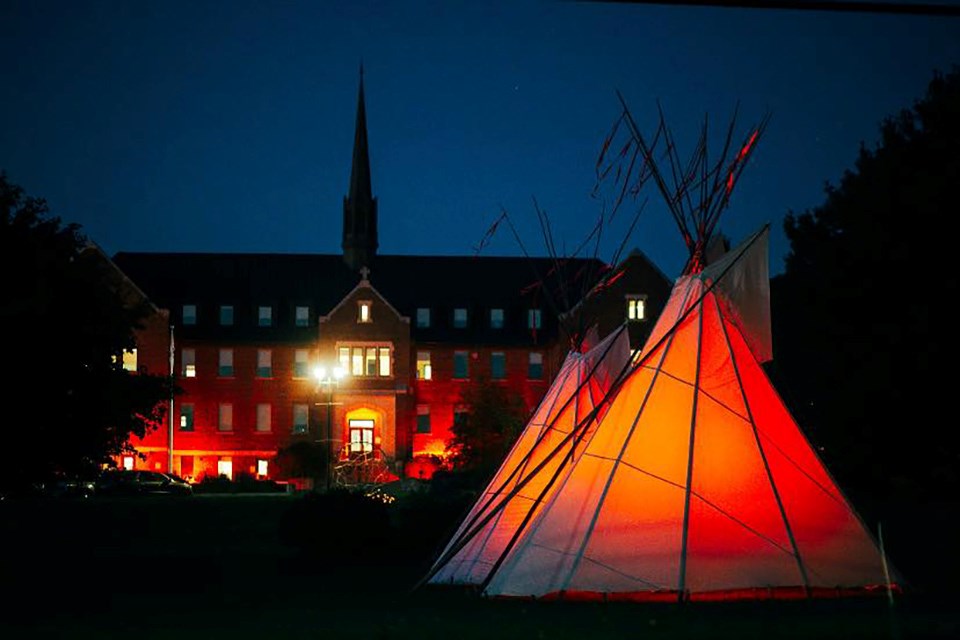This story was first published by SooToday a Village Media publication.
The Government of Ontario is prioritizing publicly assisted colleges and universities for all available international student permits, with private career colleges receiving none. With the reallocation, most universities in the province will see little change in the number of permits, with Algoma University being one of the few institutes experiencing a decrease.
The government did not release specific numbers, so it's not clear exactly how many fewer international student permits Algoma University will receive for the upcoming school year.
"While we recognize the potential impact of the two-year cap on international study permits, we want to reassure our community that this adjustment will not impact our students in Brampton, Sault Ste. Marie or Timmins and it is not expected to impact Algoma University’s staffing levels," said Asima Vezina, president of Algoma University, in an email.
The federal government announced earlier this year it would slash the number of international student permits it would hand out, with Ontario seeing its allotment cut in half. Nearly all of the permits will go to publicly assisted colleges and universities, with private career colleges receiving none.
Post-secondary institutions, especially colleges, in the province turned increasingly to international students after Premier Doug Ford's government cut tuition by 10 per cent in 2019 and froze it there.
The tuition freeze remains in place, the province said last month. Ontario's recent budget indicated that the lost international student revenue in the college sector, whose finances show up on the province's books, will total about $3 billion over two years.
The province said 22 of 23 universities will keep study permit applications at 2023 levels, but fewer will be allocated to Algoma University. And 11 of 24 colleges will keep the allotment of applications at the 2023 level. Conestoga College and colleges with public-private partnerships will see the largest decline, the province said.
In February, Sault College president David Orazietti and John Tibbits, president of Conestoga College, had a public war of words over the number of international students enrolled in those institutes and through public-private partnerships.
Reached by phone on Thursday, Orazietti declined to comment on the new allocations, which will no doubt have an impact on Sault College's partnership with the private TriOS College. He expects to have more to say at the Sault College Board of Governors meeting later this afternoon.
"We've got our board meeting scheduled for later and I don't want the board members reading about something in the media before I have an opportunity to share with them," said Orazietti.
Universities are being responsible in their recruitment and management of international students, said Steve Orsini, president of the Council of Ontario Universities.
"The decision to cap international undergraduate allocations at 2023 levels will restrict the ability for universities to modestly increase enrolment, which will exacerbate financial pressures on the sector," Orsini said in a statement.
Vezina said Algoma U is steadfast in its commitment to the success of current and future students.
"In the coming days, we will review the information being shared by the provincial and federal governments, and analyze how the adjustment will impact future Thunderbirds, our institution, and the communities we serve," she said. “Algoma University is in a strong, stable financial position and our strategic planning has been designed to adapt to this change, aligning with our plan to moderate growth from 2024 onwards."
Federal Immigration Minister Marc Miller has said the cap is in response to a recent surge in international students and is meant to curb "bad actors" from taking advantage of high tuition fees while providing a poor education.
— with files from The Canadian Press




